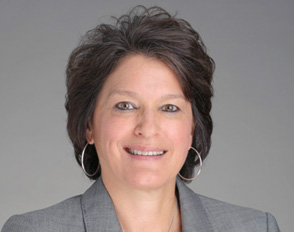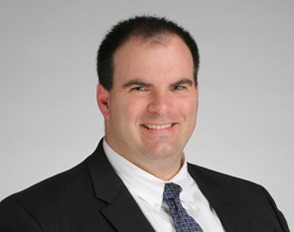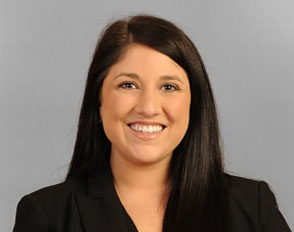Opioid-Related Federal Anti-Kickback Law Adds All-Payor Component
On October 24, 2018, President Trump signed the Substance Use-Disorder Prevention that Promotes Opioid Recovery and Treatment for Patients and Communities Act (otherwise known as the “SUPPORT for Patients and Communities Act” or, more commonly, the “SUPPORT Act”), which consolidated several opioid-related bills. Specifically, the SUPPORT Act included the Eliminating Kickbacks in Recovery Act of 2018 (“EKRA”), which aimed to address the referral of patients (also known as “patient brokering”) with substance abuse and addiction problems to clinical treatment facilities, laboratories, and recovery homes, in exchange for remuneration, or kickbacks. Generally, the types of referrals that EKRA aims to address involve patients with commercial insurance, rather than federally funded insurance, such as Medicare and Medicaid, as prosecution under the current Federal Anti-Kickback Statute (the “AKS”) (42 U.S.C. §§ 1320a-7b) is typically unavailable.
EKRA goes further than the AKS by adding an “all payor” element and creates criminal penalties for each violation, subjecting violators to a fine of up to $200,000, imprisonment for up to 10 years, or both, who:
- solicit or receive any remuneration (including any kickback, bribe, or rebate) directly or indirectly, in cash or in kind, in return for referring a patient or patronage to a recovery home or clinical treatment facility;
- offer or pay remuneration to either induce such a referral or in exchange for an individual using the services of a recovery home, clinical treatment facility, or laboratory.1
EKRA contains several statutory exceptions or “safe harbors” to criminal liability under the statute, including those providing for payment arrangements with sales personnel. Under EKRA, payments to W-2 employees and 1099 independent contractors are expressly excluded from the statutory exceptions if the payments made to them were determined or varied by 1) the number of individuals referred to clinical treatment facilities, laboratories, and recovery homes; 2) the number of tests or procedures performed; or 3) the amount billed to or received from the patient’s insurance plan.
Conversely, under the AKS, separate exceptions or “safe harbors” are available to W-2 employees that are not available to 1099 independent contractors. These exceptions under the AKS allow for certain commission or percentage-based compensation arrangements, whereas such payments would be prohibited under EKRA. While some case law exists that addresses this issue, the Office of the Inspector General (the “OIG”) has issued a few advisory opinions cautioning that any commission or percentage-based compensation arrangements with 1099 independent contractors would likely violate the AKS, while such arrangements with W-2 employees may be permissible under the Bona fide Employer-Employee Relationship safe harbor.
While it remains unclear whether EKRA will be broadly applied, or if Congress intends to amend EKRA to narrow its application, organizations that offer commission or percentage-based compensation to their employees (both W-2 and 1099 independent contractors) based upon the number of patient referrals, the number of tests or procedures performed, and/or the amount billed to or received from a patient’s insurance plan, should have a legal analysis performed to determine if there are any potential violations of the AKS or EKRA.
Please consult with our experienced attorneys at Dickie, McCamey & Chilcote, P.C. They can answer any questions about how these laws may apply to your business.
 Rebecca J. Maziarz 412-392-5642 rmaziarz@dmclaw.com |
 Jeffrey R. Hantz 412-392-5264 jhantz@dmclaw.com |
 Gabrielle M. Carbonara 412-392-5321 gcarbonara@dmclaw.com |
Ms. Maziarz was the Director of Medical Information Management for two Western Pennsylvania hospitals and one in West Virginia. Additionally, she served as a Long Term Care Consultant to area nursing homes. Her background in the healthcare industry provides clients with an invaluable resource and unique perspective into the ever-evolving healthcare landscape.
__________________________
1A clinical treatment facility is defined broadly under the statute as “a medical setting other than a hospital that provides detoxification, risk reduction, outpatient treatment, residential treatment, or rehabilitation for substance use.”
